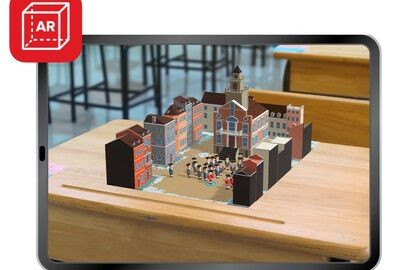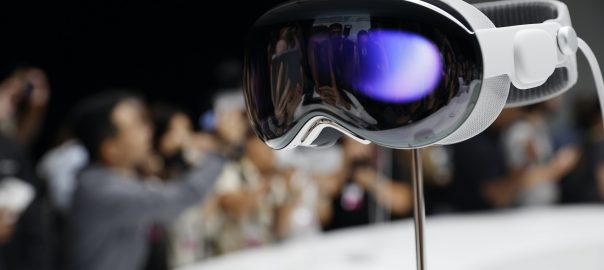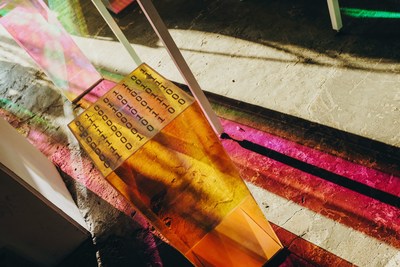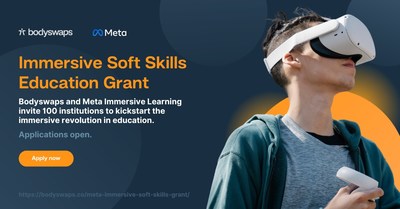Spatial Joy 2024 The Global AR Application Development Championship is now open for registration! Organized by Rokid, a global leader in human-computer interaction through augmented reality, this championship invites AR developers globally to harness voice, gesture, and visual AI technologies to create groundbreaking AR experiences. Powered by the self-developed YodaOS-Master operating system, Rokid AR glasses deliver exceptional spatial computing performance. Continue reading
Tag Archives: User interface techniques
Rokid AR Joy 2 Launches at IFA Berlin 2024: Unveiling the Future of Augmented Reality
Rokid, a pioneer in augmented reality technology, is excited to introduce the Rokid AR Joy 2 at IFA Berlin 2024. This cutting-edge AR kit, comprising the Rokid Max 2 AR glasses and the Rokid Station, is set to redefine how we experience content on the go, transforming any setting into an immersive experience. Continue reading
McGraw Hill and Verizon Expand Capabilities of their Popular Free Augmented Reality App for K-12 Learning
McGraw Hill and Verizon today announced several exciting updates to their augmented reality (AR) mobile app: McGraw Hill AR. The free, award-winning app, originally launched in June of 2022, is getting updated with expanded subject offerings as well as a new collaborative feature to foster group learning, both in and out of the physical classroom setting. The McGraw Hill AR app offers short, three-to-five-minute interactive activities aimed at helping engage students in new and impactful ways. Corresponding professionally developed lesson plans are exclusively available to K-12 educators nationwide through Verizon Innovative Learning HQ: a next-gen online education portal that provides free access to immersive extended reality (XR) educational experiences for K-12 students. Continue reading
Spatial computing is the current phrase du jour, but what does developing web experiences for this environment look like?
June 7, 2023 /Technology/ — Spatial computing is a rapidly evolving field that is still in its early stages. As a result, there is no one-size-fits-all answer to the question of what developing web experiences for this environment looks like. However, there are some general principles that can be applied.
One of the key principles of spatial computing is that it is all about immersion. Users should feel like they are actually inside the experience, rather than simply looking at it from the outside. This can be achieved through a variety of techniques, such as using 3D models, spatial audio, and haptic feedback. Continue reading
Apple Vision Pro headset: what does it do and will it deliver?
Panagiotis Ritsos, Bangor University and Peter Butcher, Bangor University
Apple recently unveiled its Vision Pro headset at the Worldwide Developers Conference in California. With it, Apple is venturing into a market of head-mounted devices (HMDs) – which are usually just displays, but in this case is more of a complete computer attached to your head – as well as the worlds of virtual reality (VR), augmented reality (AR) and mixed reality (MR).
London Fashion Week – Digital Fashion Innovation
Digital fashion is having a significant impact on the traditional fashion industry. By creating clothing and accessories using pixels instead of fabric, digital fashion is blurring the lines between the physical and virtual worlds. Continue reading
Brots presents the world’s first Music NFT Exhibition during Milan Music Week
The music NFT mobile app Brots hosted a first-ever music NFT experience, as part of a new collaboration with REALITY IS__, London-based design studio and Asian Fake, an independent record label based in Milan. Continue reading
Bodyswaps and Meta Immersive Learning partner to launch grant
Bodyswaps has today announced an exciting partnership with Meta Immersive Learning to empower 100 higher and further education institutions with access to virtual reality hardware and software across the UK, North America, France and Belgium. Continue reading







